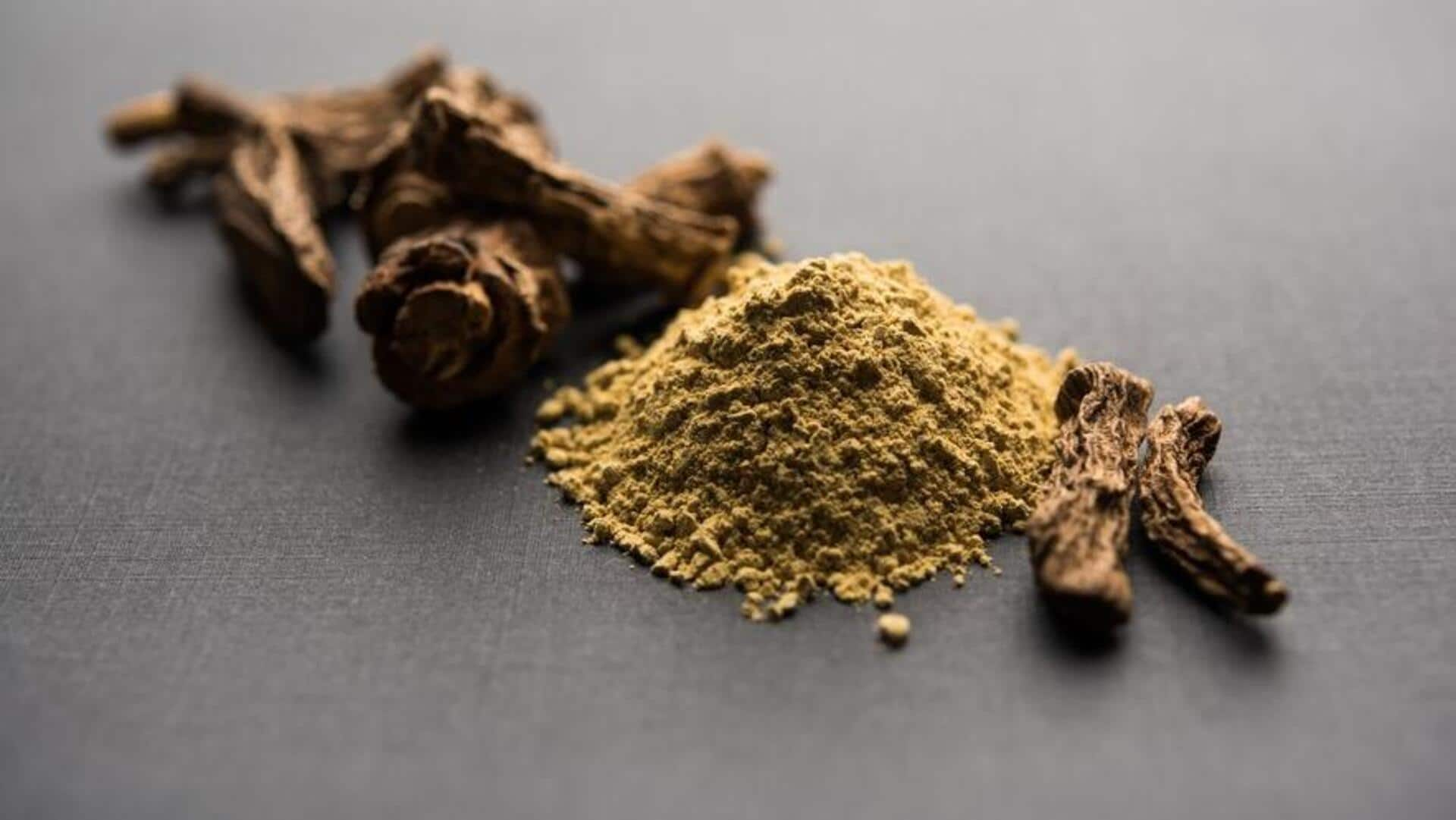
Here are some incredible benefits of anantamul, an Ayurvedic herb
What's the story
Anantamul is regarded highly for its medicinal and cosmetic properties, making it an important ingredient in many skin treatments. Ayurveda has it that this herb features healing and blood-purifying agents that people with all skin types can enjoy to the fullest. Meaning "the eternal root," anantamul has been a go-to choice for Ayurvedic sages and physicians back in the day.
Digestion
Good for the gut
Anantamul is good for digestion as it is loaded with carminative and anti-flatulent properties that eliminate various digestive troubles like constipation, bloating, and abdominal distension. Not only that, if you have excess acid in your stomach, this ancient root can help mitigate its consequences like ulcers, acid reflux, and gastritis. Experts believe that anantamul also promotes better absorption of nutrients.
Heart health
Improves your heart health
For ages, anantamul has been coming to the rescue of those dealing with heart anomalies. It manages irregular cardiac rhythm, and accumulation of fat in blood vessels, and reduces the risk of blood clots, which otherwise can cause heart attacks, strokes, and cardiac arrests. Additionally, it has vasodilatory properties that stabilize high blood pressure and improve blood circulation in the body.
Skin
A blessing for the skin
If it is about getting rid of skin woes, you can't go wrong with anantamul, all thanks to its potent antioxidant, antimicrobial, and anti-inflammatory properties. Since it purifies your blood, it prevents acne, pimples, blackheads, and other skin troubles. You can also delay the signs of aging like wrinkles, fine lines, dark circles, and spots by consuming this herb.
Liver health
Enhances your liver health
Anantamul is a godsend for those dealing with liver issues. Historically, it was hailed as an antidote for various liver-related ailments, such as jaundice. Besides its liver-cleansing properties and toxin removal support, also facilitates bile and liver enzyme secretion. It shields the organ from the harmful effects of free radicals, which can induce oxidative stress, particularly in individuals who regularly consume alcohol.